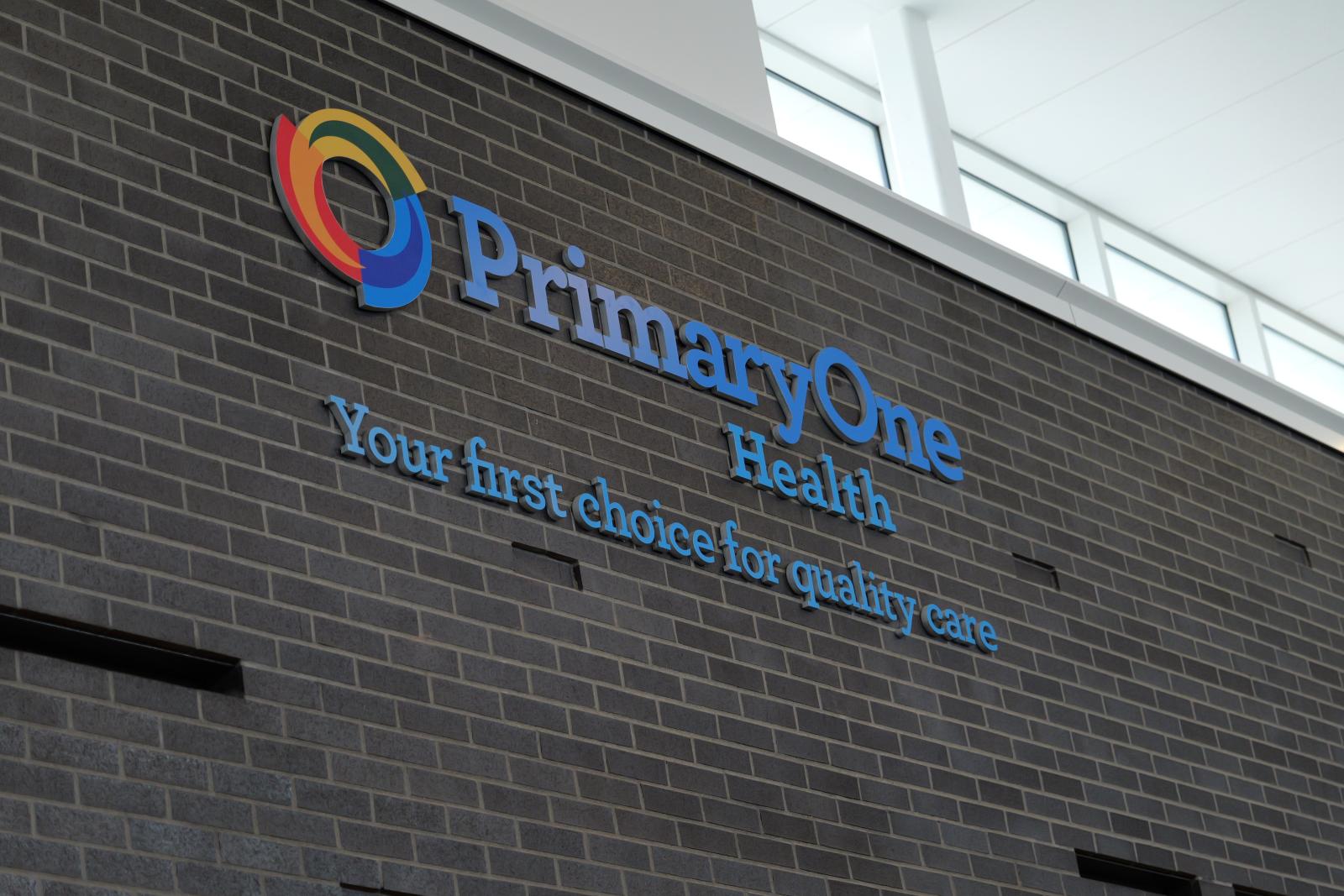Faculty and preceptors' study shows the outpatient impact of the "lifesaver" 340B Program

A recent study detailing the impact of the 340B Drug Pricing Program on Columbus communities was co-authored by members of the PrimaryOne Health team: PGY1 Ariela Wagner, PharmD, BCACP ’20, and preceptors Jangus Whitner, PharmD, MHA, BCACP, 340B ACE; Ariel Williams, PharmD, BCACP; and Kristina Hirt, PharmD, BCACP. Co-authors also include former College of Pharmacy faculty member Tessa Miracle, PhD; and associate professor of clinical pharmacy practice and science Alexa Valentino, PharmD, MBA, BCACP, FAPhA.
The study, “Community Health Center 340B Program: A Qualitative Study of the Experiences of Patients with Diabetes,” was published in INNOVATIONS in Pharmacy in October.
The 340B program was established with the 1990 creation of the Medicaid Drug Rebate Program (MDRP), which lowered the cost of medications that state Medicaid agencies reimbursed. With this program in place, manufacturers whose pharmaceuticals are included in Medicaid and Medicare Part B must provide covered outpatient drugs at a discounted price to eligible safety-net entities enrolled in the 340B program.
While the program has proven to significantly lower medication costs for participants, several manufacturers have pushed back against it in recent years. Many of this study’s authors are practicing providers at the non-profit organization PrimaryOne Health, which supports medically underserved areas of Columbus. Having witnessed the additional obstacles and health care needs of these vulnerable and un/underinsured residents in the community, the study’s authors are familiar with the program and its goals.
“The 340B program is really important because it allows our patients access to needed medications,” Dr. Wagner said. “With the manufacturer attacks on 340B, we thought it would be a good time to hear from patients about how the program has impacted them in the outpatient setting.”

Interviews were conducted with 10 PrimaryOne Health patients who received their injectable diabetes medication through the 340B Prescription Cash Discount Program during the one-year study period. The authors noted their surprise at just how deeply patients relied on the services of the program.
“The language used to describe the program was so powerful,” Dr. Valentino said. “I expected the patients to say things like ‘helpful’ or ‘money-saving,’ but they used the phrases ‘lifesaver’ and ‘blessing.’ It made me glad that we were bringing the patient voice to the forefront of this issue.”
Overwhelmingly, the study pointed to improved diabetes control and greater prescription affordability and accessibility as benefits of the program.
“Current manufacturer restrictions that limit federally qualified health centers’ access to discounted drugs through their contract pharmacies has resulted in decreased patient prescription access,” Dr. Wagner said.
Without the support of the program, inaccessible pricing becomes a problem, which can lead to patients rationing or skipping doses. That’s why so many providers—like these authors—are trying to support the patients depending on this program.
“Folks on the team do a lot of advocacy work for 340B,” Dr. Wagner said. “Our hope is that these patient voices can be used to assist with those efforts.”
For those interested in learning more about the study, the published paper is available for public viewing here.